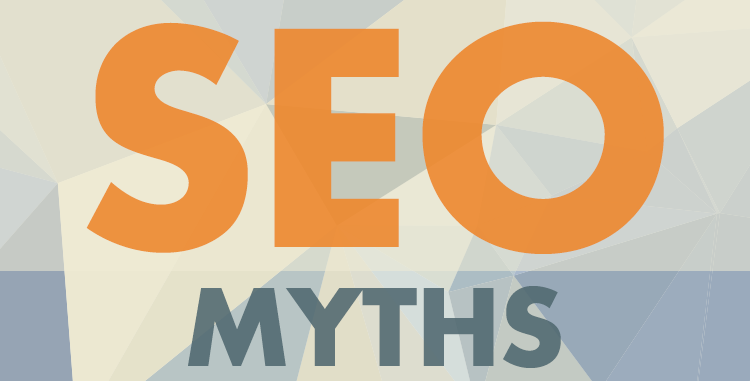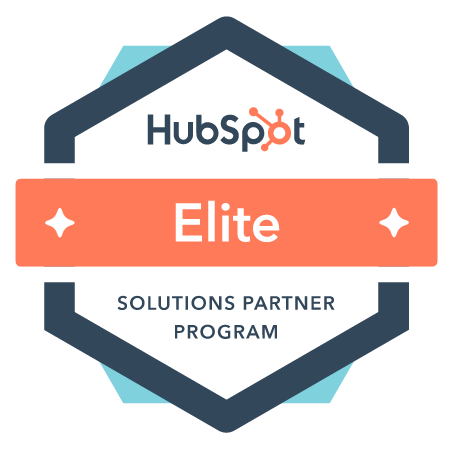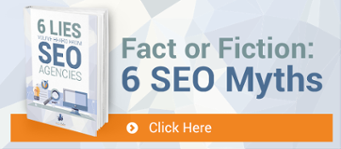
In Part 1 of this two-part blog series, we talked about three common SEO myths concerning the importance of meta descriptions, keyword optimization, and search engine ranking. Be sure to check it out if you haven't already. Today, we’re going to cover a three more topics, pulled from HubSpot’s 18 SEO Myths You Should Leave Behind in 2017. We want our customers and fellow inbound marketers to stay informed of the best SEO practices moving foward so we can all be as successful as possible. It's time to bust some more SEO myths!
Myth #4: I need a LOT of written content on my homepage.
If your homepage is filled with so much content that it overwhelms visitors, many of them will run in the opposite direction! You certainly don’t want that. On the other hand, if your homepage is sparse and doesn't contain enough information for anyone to determine who you are or what you do, that's just as bad.
You need to find a balance that works for your individual business. Your homepage is among the most important elements of your website and often determines whether a visitor stays or leaves. It needs to be visually appealing and have just enough content to quickly tell users who you are, what you do, where you’re located, why you’d be of use to them, and how they can take advantage of your services if they’re interested. The trick is to explain all this clearly and concisely. As we mentioned in Part 1, user experience is king.
Myth #5: The bigger my website is, the better.
Adding more and more pages to your website just for the sake of enlarging it won’t do you much good at all. Each page must be unique, informative, and have purpose. Add more pages filled with quality content your target audience is searching for, and you’ll hit the nail right on the head! Remember the focus of SEO today—QUALITY. If your pages are too similar to others on the web or the writing quality is poor, they may not get indexed at all. Not only that, but your website could also get penalized by Google, which will only push you further out into the sea of other website pages that few people will ever see.
Myth #6: Targeting local doesn’t matter.
False! It DOES matter…a lot. Local businesses want to target local customers, right? Of course—it’s common sense. In order to rank locally, your business needs to set up a Google+ Business Page and optimize it like you would your business website. Your site should contain location-specific content so search engines know your business is a good solution for consumers in the area looking for products or services like yours.
To learn more about SEO and content creation best practices, subscribe to our inbound marketing blog! If your business would like some help improving the design, content, and other elements of your website, reach out to Blue Frog Marketing. We have three offices, one in Des Moines, another in Denver, and a third in Huron, Ohio. If you don’t live near any of these locations, no worries! We’ve helped businesses across the country dramatically improve their online rankings, bring in more leads, and convert more customers to build their overall business! We’d love to help you, too. If you’re interested, fill out a quick online form by clicking the button below, and we’ll reach out to you soon.
Check out our free ebook below to learn about several lies SEO companies try to slip by naive customers. Don't get fooled!





